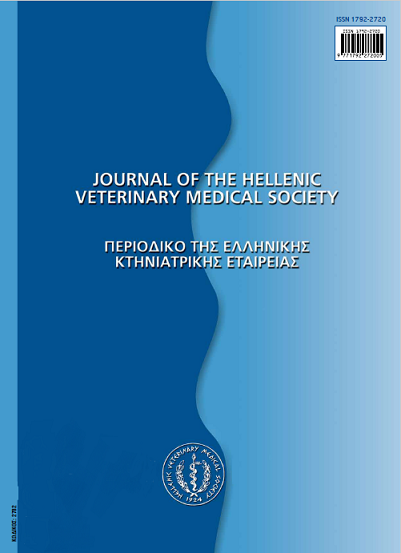Cytotoxicity of Contrast Media Iohexol on IL-1beta stimulated Bovine Chondrocytes

Abstract
The aim of this study was to determine the cytotoxic and metabolic effects of iohexol on cultured bovine chondrocytes in clinical dose. Chondrocytes were exposed to 50%, 25% and 12.5% iohexol and 50% mannitol for 2 hours. Cell proliferation, apoptosis and necrosis were analyzed. Real time PCR was performed for aggrecan, collagen type I and II gene expression. Cells in alginate beads stimulated by interleukin-1β (IL-1β) were analyzed for cytotoxicity. MTT assay showed that 50% iohexol inhibited the proliferation of cells at 2 hours culture period. Propidium iodide results showed significantly higher dead cells at 50% iohexol compared to control, however PCR results revealed that chondrogenic gene were not affected. Cells in alginate beads stimulated with IL-1β showed significantly higher percentage of dead cells at 50% iohexol exposure (p<0.05). These results suggested that iohexol has a cytotoxicity on chondrocytes and this cytotoxic effect possibly increased in inflammatory joint diseases.
Article Details
- How to Cite
-
HONG, G., HWANG, Y., & KIM, G. (2018). Cytotoxicity of Contrast Media Iohexol on IL-1beta stimulated Bovine Chondrocytes. Journal of the Hellenic Veterinary Medical Society, 69(1), 731–738. https://doi.org/10.12681/jhvms.16394
- Issue
- Vol. 69 No. 1 (2018)
- Section
- Research Articles

This work is licensed under a Creative Commons Attribution-NonCommercial 4.0 International License.
Authors who publish with this journal agree to the following terms:
· Authors retain copyright and grant the journal right of first publication with the work simultaneously licensed under a Creative Commons Attribution Non-Commercial License that allows others to share the work with an acknowledgement of the work's authorship and initial publication in this journal.
· Authors are able to enter into separate, additional contractual arrangements for the non-exclusive distribution of the journal's published version of the work (e.g. post it to an institutional repository or publish it in a book), with an acknowledgement of its initial publication in this journal.
· Authors are permitted and encouraged to post their work online (preferably in institutional repositories or on their website) prior to and during the submission process, as it can lead to productive exchanges, as well as earlier and greater citation of published work.


